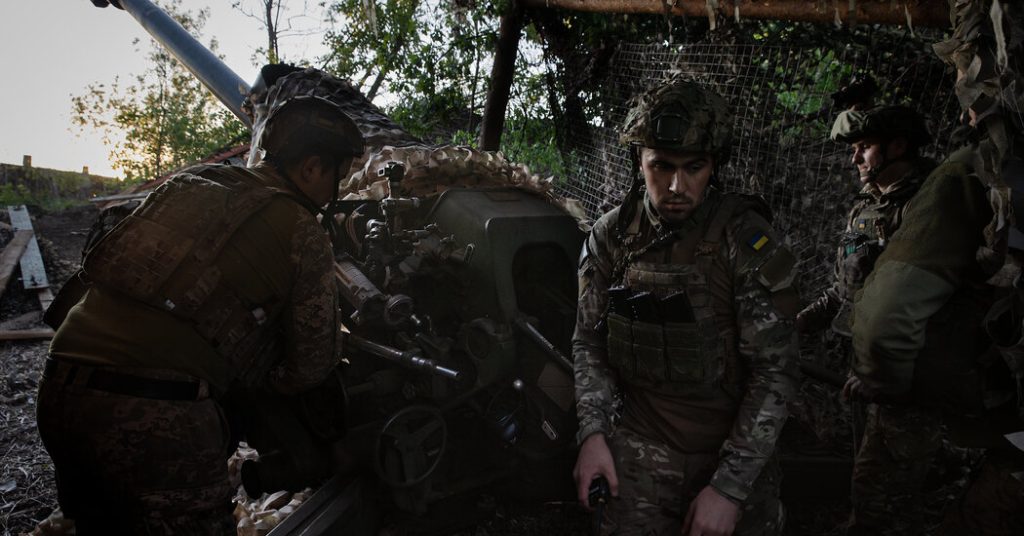France and Germany recently agreed to develop a multibillion-dollar battlefield tank known as the Main Combat Ground System in an effort to bolster Europe’s military capabilities following Russia’s invasion of Ukraine. The project faced challenges due to political infighting, industrial rivalry, and logistical hurdles, highlighting the disjointed defense market in Europe. Each NATO member has its own defense establishment, complicating the procurement process and hindering coordination.
France and Germany, the EU’s largest economies, have differing views on the need for a stronger and more self-sufficient military. France advocates for “European sovereignty” and “strategic autonomy” to balance NATO’s dominance, while Germany is more comfortable with its partnership with the United States. The effort to enhance Europe’s defense capabilities is unfolding at different speeds, with some countries opting to buy weapons from the US and other allies, while France pushes for a “Made in Europe” defense industry.
The European Sky Shield, a German initiative, has divided opinions within the EU, with Paris viewing it as excluding the European industrial base while Berlin sees it as a display of European unity. France, Spain, Italy, and Sweden argue for investing in European military equipment production lines and enhancing supply chains instead of relying on imports. The European Commission has published a Defense Industrial Strategy to strengthen Europe’s military industrial base by requiring collaboration among European weapons makers from different countries.
Most EU countries have been purchasing defense equipment from outside the bloc, mainly from American arms manufacturers. The European Union’s industrial strategy aims to increase spending on EU suppliers to 60% by 2035, but challenges like restrictions on using EU funds for arms purchases and concerns about financial implications have arisen. European defense companies may need to consolidate to compete with US giants, but mergers could lead to job losses and political resistance.
European leaders must make long-term commitments to buy products from European defense companies to foster industry investments. The need for consolidation in the defense industry is evident, as Europe operates more weapons systems than the US but lacks economies of scale. The discussion around merging defense companies reflects the broader challenges facing Europe’s military industrial base and the need for streamlined coordination and cooperation among member states.








